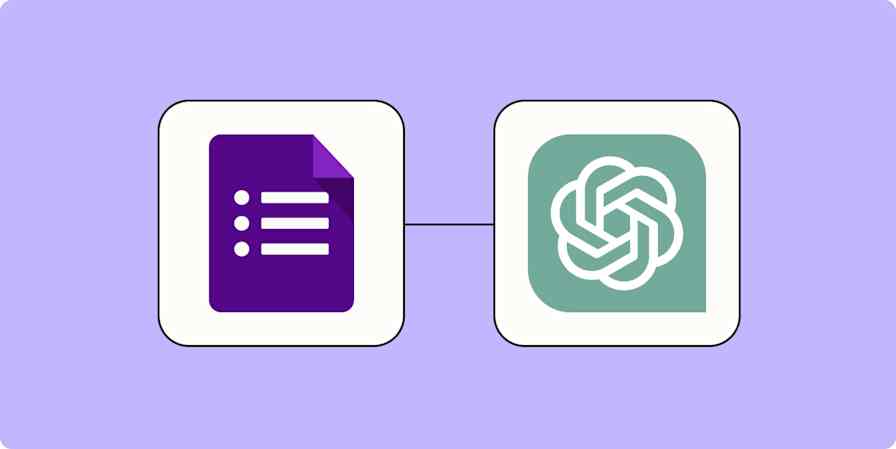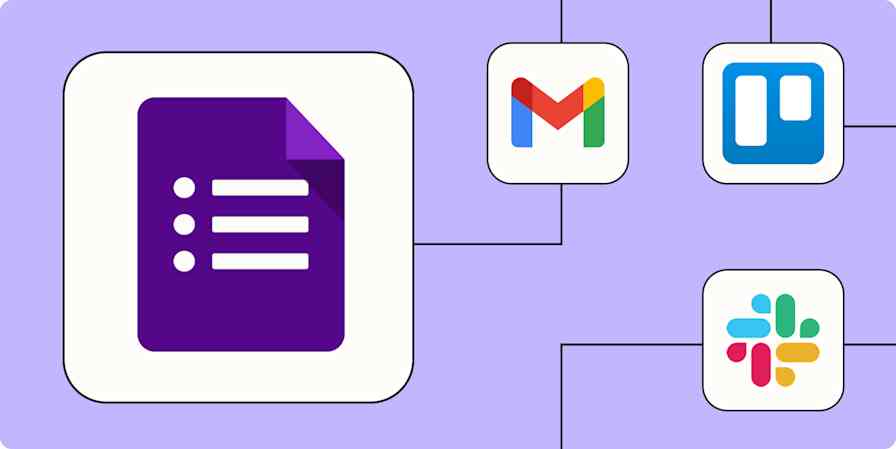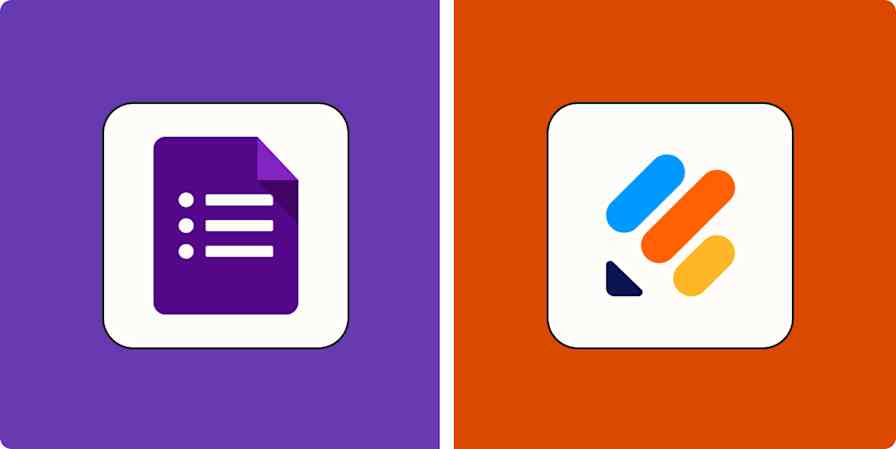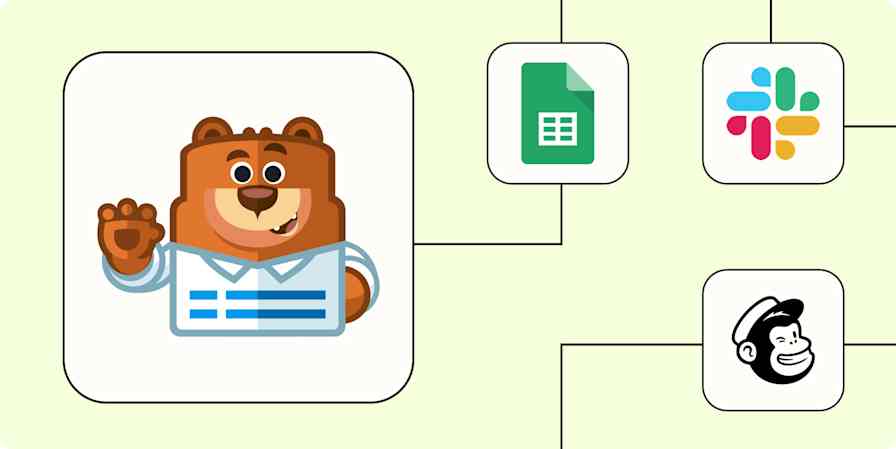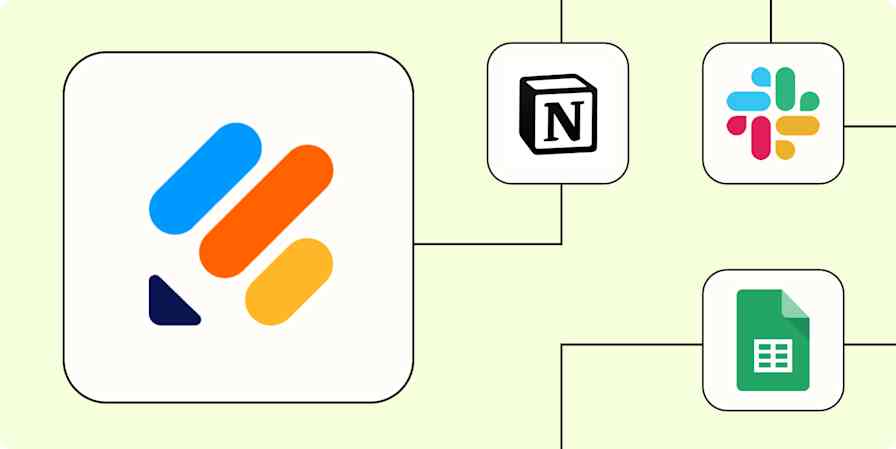Automation inspiration
5 min read7 Gravity Forms automation ideas
By Wren Noble · November 27, 2024
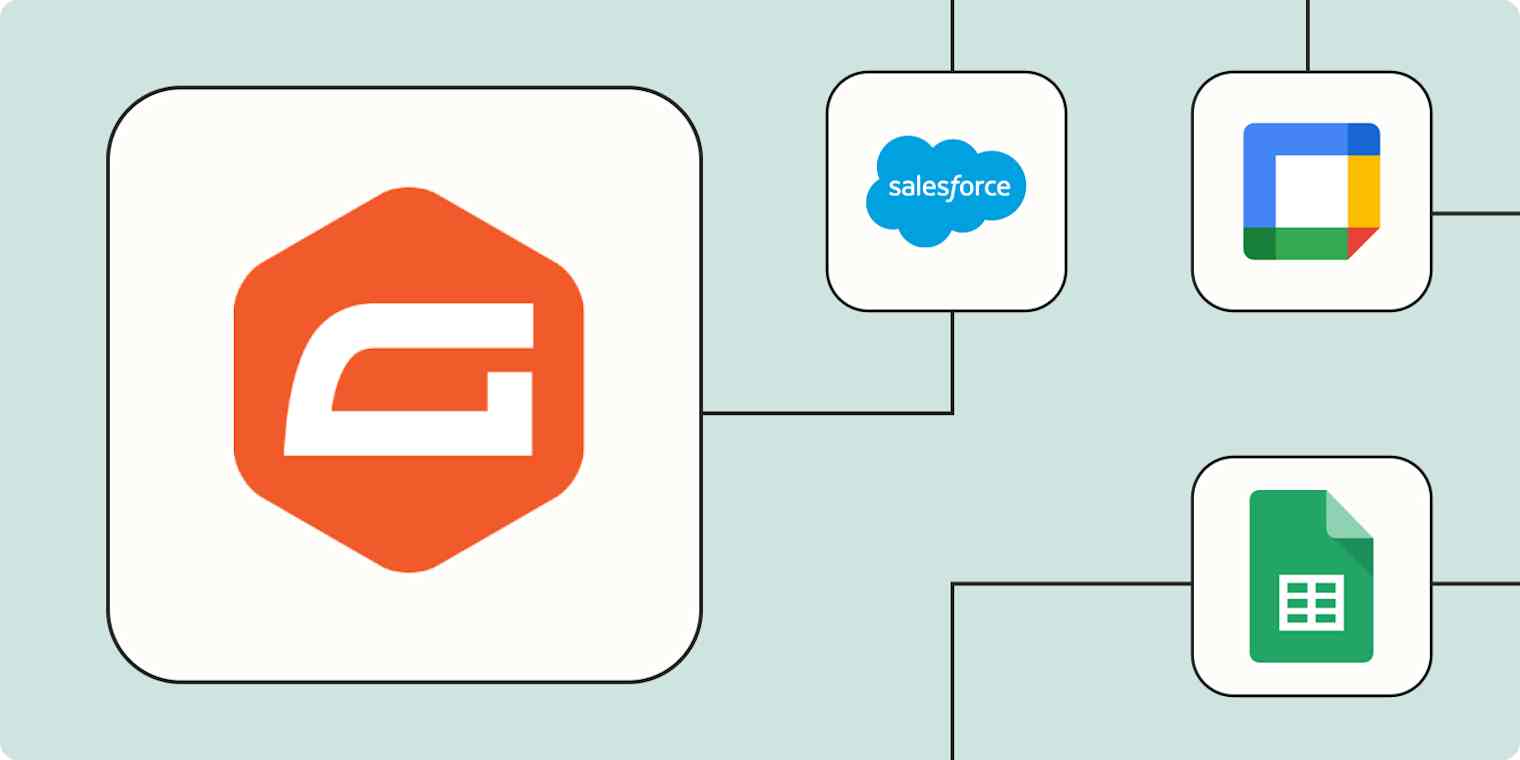
Get productivity tips delivered straight to your inbox
We’ll email you 1-3 times per week—and never share your information.
tags
mentioned apps
Related articles
Improve your productivity automatically. Use Zapier to get your apps working together.

